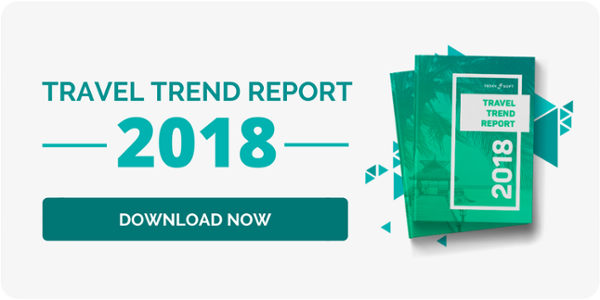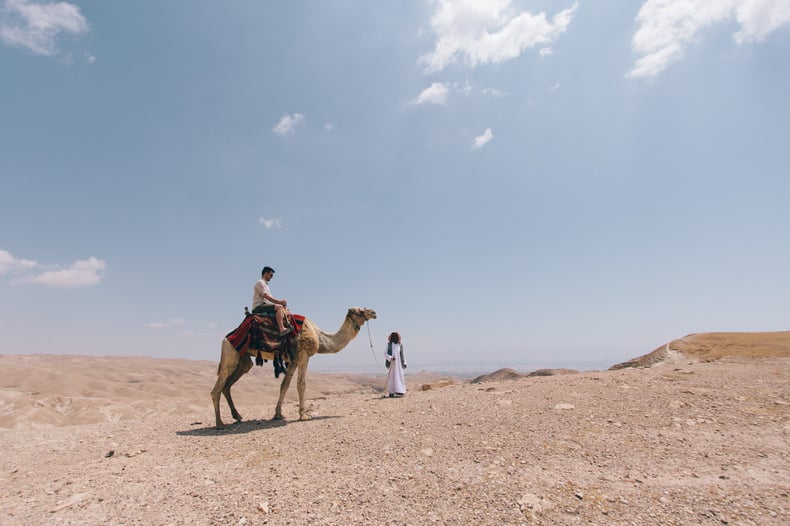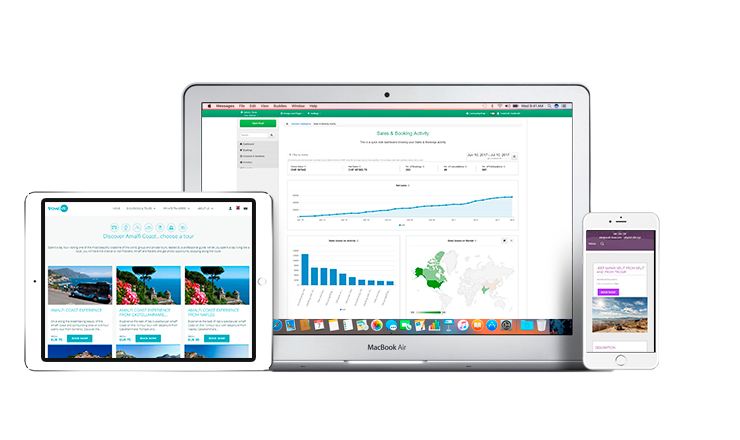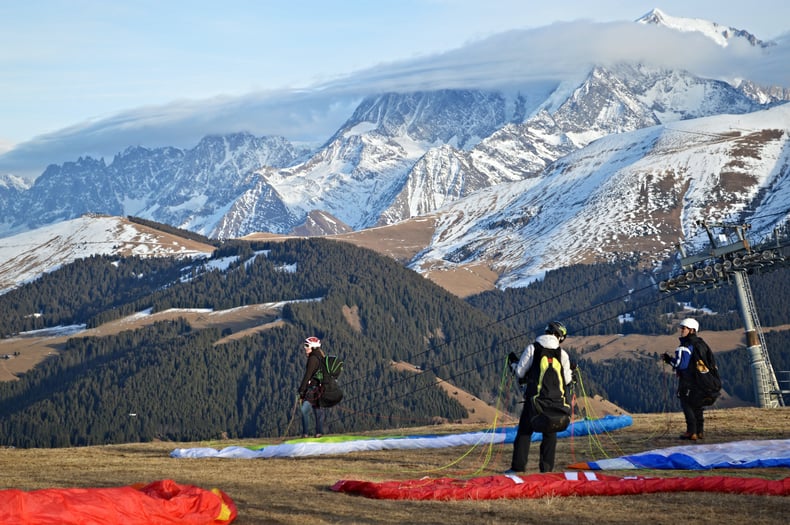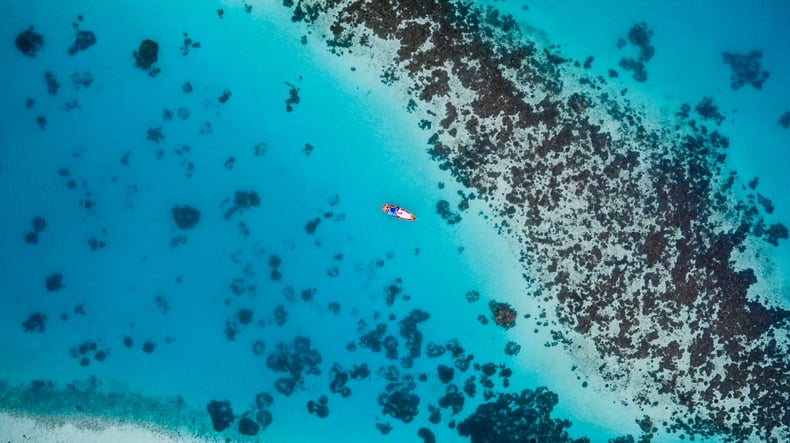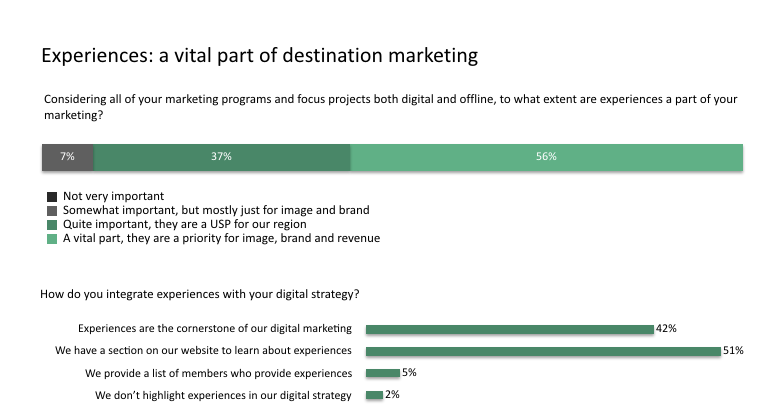More than ever, we are seeing brands trying to provide a one-stop shop for all our needs in order to keep us within their website or app.
At Web Summit 2018, Stephen Kaufer, President and CEO of TripAdvisor, shared his vision for the future of travel and described how they are looking to do this via exciting new changes to their app, which launched earlier this month.
Consumers typically visit hundreds of travel sites in planning a trip, so TripAdvisor set out to bring all of that content together in one place. By bringing all of the social sharing that consumers do into the app, they created a “feed” of everything a user’s friends, family and people they follow have to say about a place.
TripAdvisor’s new app brings information to help in the discovery and inspiration stage from all sorts of sources, brands and influencers travellers trust, together with insightful opinions on what to do and see.
Users have access to helpful and inspirational videos, photos, articles and guides from friends and family, as well as from over a thousand brands, publishers, and influencers. Brands and publishers featured within TripAdvisor’s new app experience include Condé Nast Traveler, GoPro, National Geographic, and Time Out magazine.
A more social travel experience
As travellers search for a specific destination on TripAdvisor’s new app, their travel feed automatically surfaces relevant content from the global TripAdvisor community.
For example, someone planning a trip to Paris might discover helpful information such as a food critic’s article on the best restaurant in the city, an influencer’s travel guide of must-do experiences, a friend’s review of a new hotel near the Louvre and more.
Unlike social media sites, TripAdvisor makes inspirational content actionable by enabling the traveller to book their restaurant, hotel or experience without leaving the site or app.
Does TripAdvisor have any plans to formally integrate with social media platforms? When asked this question at Web Summit, Kaufer described how the new app gives brands and influencers the ability to republish content they have already created on TripAdvisor.
The beauty of doing this in a travel vertical is that they are creating content which is going to be there for a long time, while on other social platforms the content may fade away.
Another innovative feature of the new app is called “Trips”. It enables travellers to collaborate with others by saving, organising, sharing and creating lists or in-depth guides highlighting their favourite hotels, restaurants, experiences in a particular destination.
Trips can also be made public and shared with the community to inspire and help others. Suddenly, a would-be traveller has access to an itinerary written by someone else who has been there and experienced what they are interested in – allowing them to copy, annotate and share it with their travelling companions.









.png?t=1521755708284&width=1024&name=Tourism%20statistics%20for%2020172F18%20(6).png)
